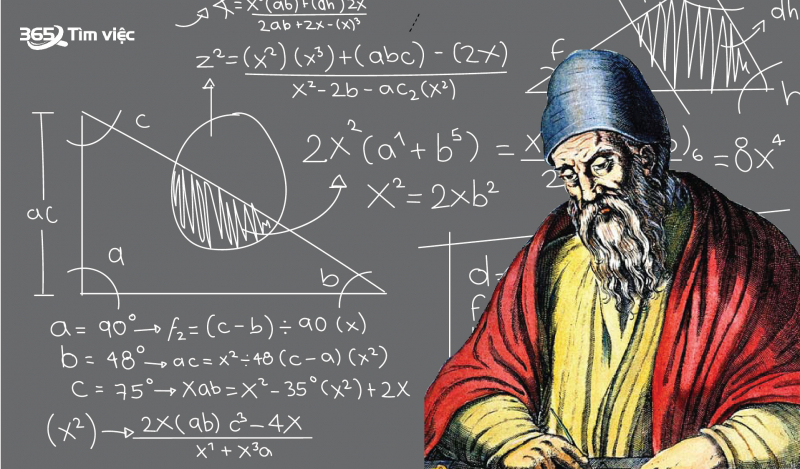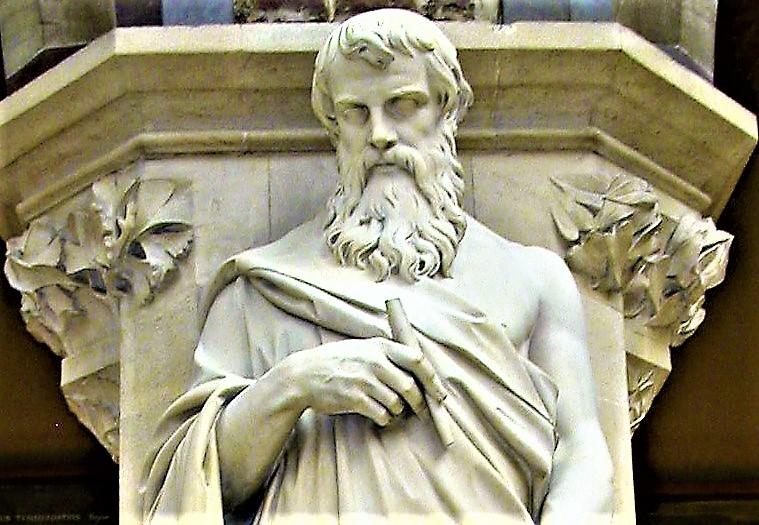Euclid
Euclid of Alexandria, one of the oldest mathematicians, is sometimes referred to as the father of geometry. Very little is known about the early records of Euclid's life, and most of the records on his life have been lost to the passage of time. But the ancient Greek philosopher Proclus made reference to him in a work titled The Summary of Greek Mathematicians. This suggests that at the time of Ptolemy I, Euclid was a prominent and active mathematician working in the library of Alexandria. This places him far earlier than Archimedes, another well-known Greek.
Although hardly much is known about his life, his contributions to mathematics and the history of geometry in general have had a significant influence. His most famous book, The Elements, was instrumental in developing the fundamental ideas of geometry. His famous work is still used today as a math textbook and is second only to the Bible in terms of the number of copies published. It was originally composed as a collection of 13 volumes. His compilation of definitions, postulates, premises, and proofs served as the foundation for contemporary mathematics as we know it today.













